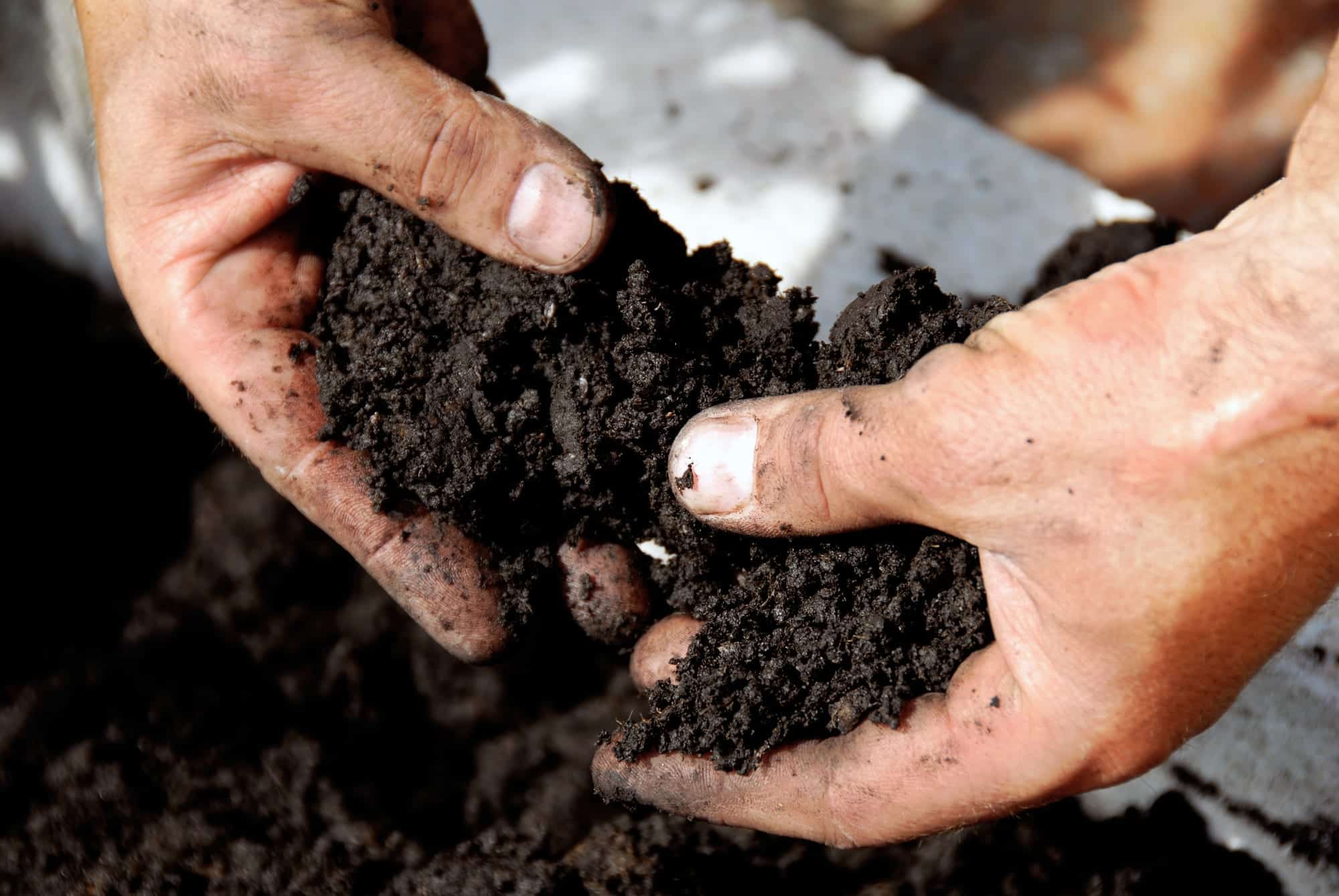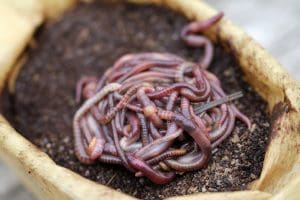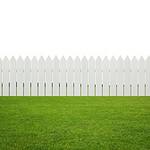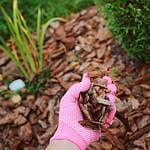
What is Organic Soil and How is it Made?
So what exactly is organic soil? And, what makes it different from or better than traditional non-organic bagged soil you can find at your local garden products store?
In this post, we share everything you need to know to make the best choice for your garden!
What is Organic Soil?
Organic soil is made with plant materials and animal residues, such as bat guano or manure. Only decomposed organic matter is used, which gives plants ample nutrition without any processed chemicals.
Mosses, grasses, and leaves are all common plant materials that constitute a lighter, fluffier texture that doesn’t pack down and hamper drainage.
How is Organic Soil Made?
The production of organic soil is quite similar to the natural process found in nature. Leaves, animal droppings, and compost break down slowly, producing soil rich in microorganisms and minerals, also called humus.
Organic soil is made in the same way, combined, and left to break down naturally.

Organic vs. Non-Organic
Non-organic soil is also made up of natural plant materials, such as peat moss, perlite, and clay. What makes this type of mixture non-organic is the processing.
Companies generally add chemical fertilizers and pesticides, which are helpful to ward off insects and disease but lack the organic matter needed to promote healthy soil and foster the growth of ecosystems.
Organic soil is as close to nature as it gets and it’s certainly a more environmentally friendly option as opposed to toxic chemicals.
It is also generally better for drainage as opposed to non-organic varieties. It retains moisture longer, meaning you won’t have to water your plants as often.
Furthermore, the benefits of organic soil extend beyond the plants it nourishes. As time goes by, your soil becomes more sustainable on its own, so you won’t need to keep replenishing plants with fertilizer.






Leave a Reply